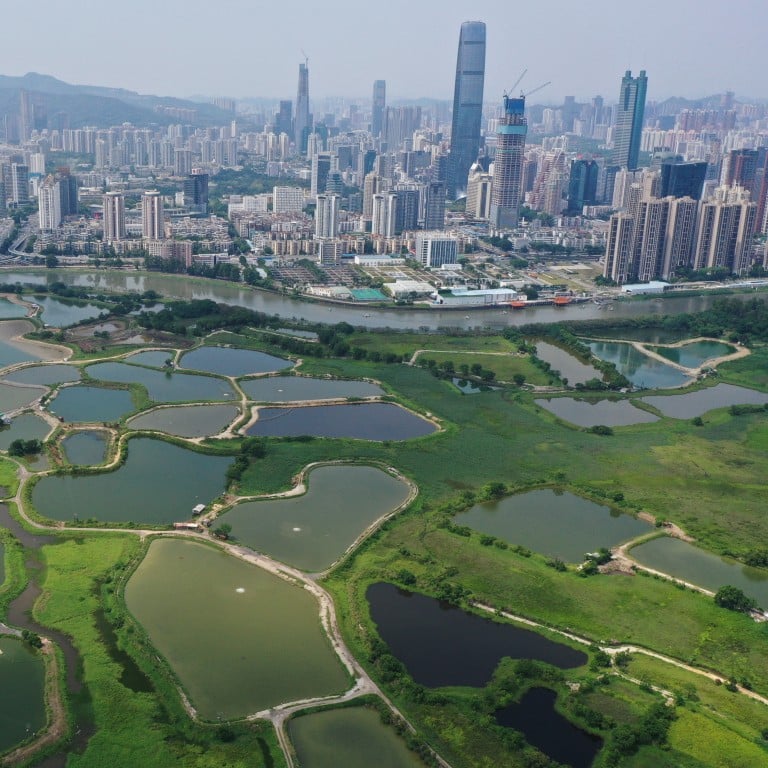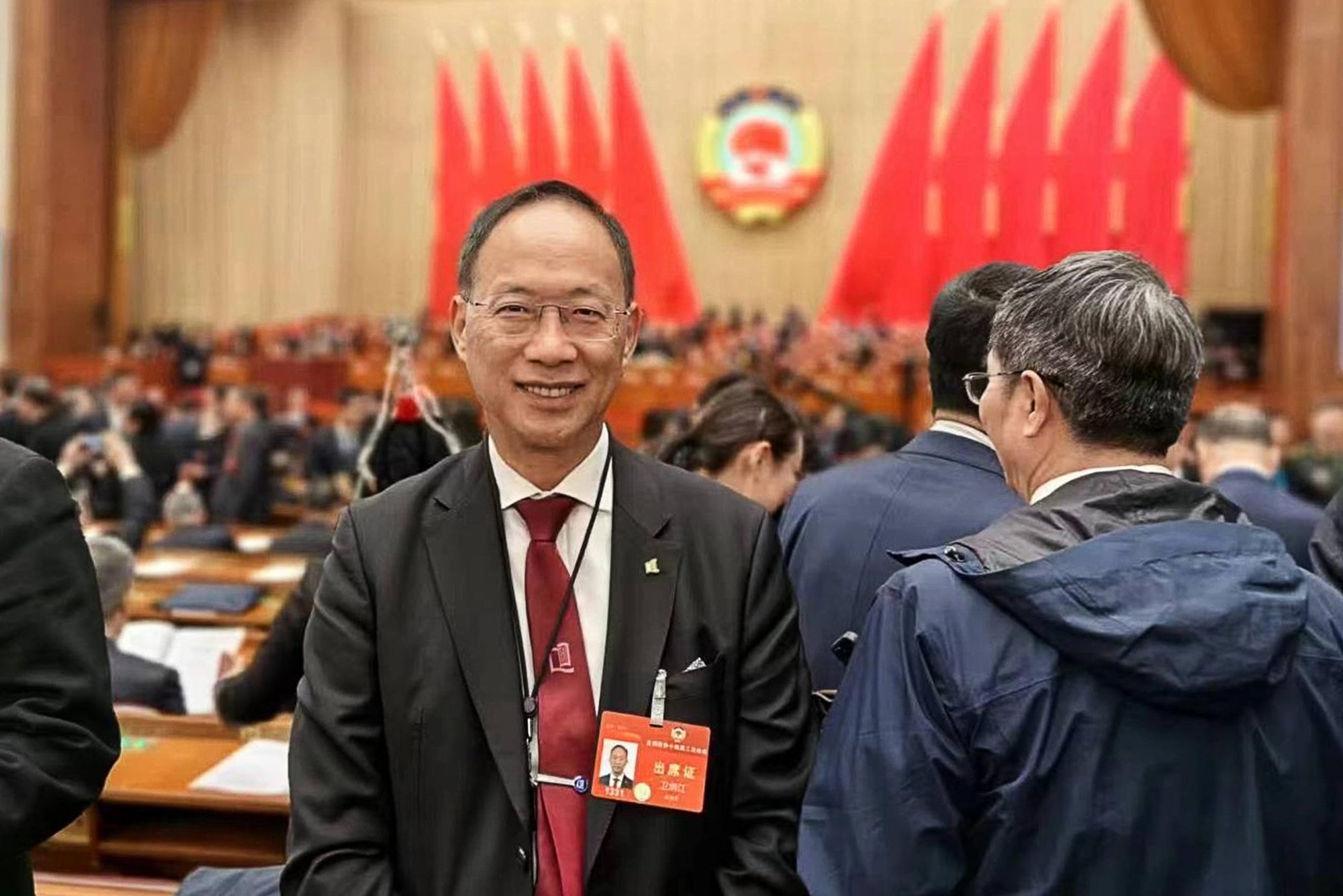
Exclusive | Hong Kong’s Baptist University exploring plans to create school combining Western and traditional Chinese medicine; campus to move to Northern Metropolis
- Baptist University president Alexander Wai says it will move campus to academic town in Northern Metropolis after governing body agrees ‘in principle’ to plan
- School combining Western and traditional Chinese medicine envisioned, with Wai hoping to ‘standardise’ practices to make it ‘more evidence-based’
“Hong Kong has the best specialists of both worlds [in Chinese and Western medicine],” said Wai, who is also a member of the Chinese People’s Political Consultative Conference, the country’s top political advisory body.
“There are enough people who believe that this is the right direction to go, although it will take a long time.”

In recent months, a number of local universities have expressed interest in establishing a footprint in the Northern Metropolis, a development project that aims to create an international innovation and technology hub spanning 30,000 hectares near the border with the mainland. The site is also expected to provide housing for 2.5 million people in 500,000 flats.
Baptist University established the city’s first double-degree programme in traditional Chinese medicine and science in 1999. The institution was also appointed by the government to operate the city’s first Chinese medicine hospital.
The current campus in the prime residential area of Kowloon Tong is the smallest among the city’s public universities.
Wai, who assumed office in 2021 for a five-year term, said he envisioned that the plan to move to the border town could include building a new school of “system medicine” to integrate the strengths of Western and traditional Chinese medicine.
“There is sufficient anecdotal evidence that Chinese medicine helps patients change their lifestyle so that they don’t need to rely on drugs all the time,” said Wai, citing treatment of diabetes as an example.
“But the way it works now [is based] too much on the experience of practitioners … We could standardise it in some way – we have to put in a system and make it more evidence-based.”
The concept of system medicine, also known as integrative medicine, has been advocated by scholars for years as a way to integrate the merits of Chinese medicine with its Western counterpart.
The Chinese University of Hong Kong established the Hong Kong Integrative Medical Centre in 2014, which runs the city’s first outpatient clinic operated by a team of Chinese and Western clinical specialists.
Hong Kong PolyU plans medical school, hospital and hotel in Northern Metropolis
The head of Baptist University said one of the challenges ahead was to formulate an internationally accredited curriculum “of reasonable length” to equip students with knowledge and practical experience in both streams.
Existing undergraduate programmes for medical students in Hong Kong usually take six years to complete. The length is the same for most Chinese medicine degrees, excluding at least a year of practical and clinical internship.
“Nobody will want to spend 12 years on a degree. Even if we shorten it to say nine years, will this be accredited?” he said. “Both bodies, particularly Western medicine, are well structured and well governed.”
City leader John Lee Ka-chiu introduced the plan for the 60-hectare university town as part of the Northern Metropolis in his policy address last year.
The town is expected to be completed some time after 2030 under a plan to foster collaboration with top mainland and overseas institutions.
Polytechnic University, where Wai formerly served as vice-president, has proposed building a hospital and a medical school at the site, while City University has chosen it as the location for a new campus to accommodate postgraduate students.
The Hong Kong University of Science and Technology said it hoped to set up a “satellite campus” there to develop medicine for the future and innovative technology. It earlier announced its plan to establish the city’s third medical school, mostly tailored to students who want to take up a second degree.
University chief hopes to launch Hong Kong’s third medical school by 2027
The city already has medical schools at the University of Hong Kong and Chinese University, but faces a long-standing shortage of doctors. The government has raised the quota for medical students at the two universities, and is also trying to woo more doctors trained outside the city.
On the ongoing legislation of a new domestic security law, Wai said that although he was “surprised” by the fast-tracking of the bill, he recognised the need to complete the process as soon as possible amid US-China tensions in an American presidential election year.
“[Candidates] will keep pushing the ‘China button’ to keep scaring people off … This rumour mongering will kill Hong Kong,” he said.
He also dismissed concerns that the security law would undermine Hong Kong’s internationalism in higher education.
“Internationalism itself is not necessarily a good or bad thing. For a long time we have been a window to mainland China. That is actually what we should focus on,” Wai said.
“The faster we have [the bill] enacted, then faster we can go back to a normal business.”

